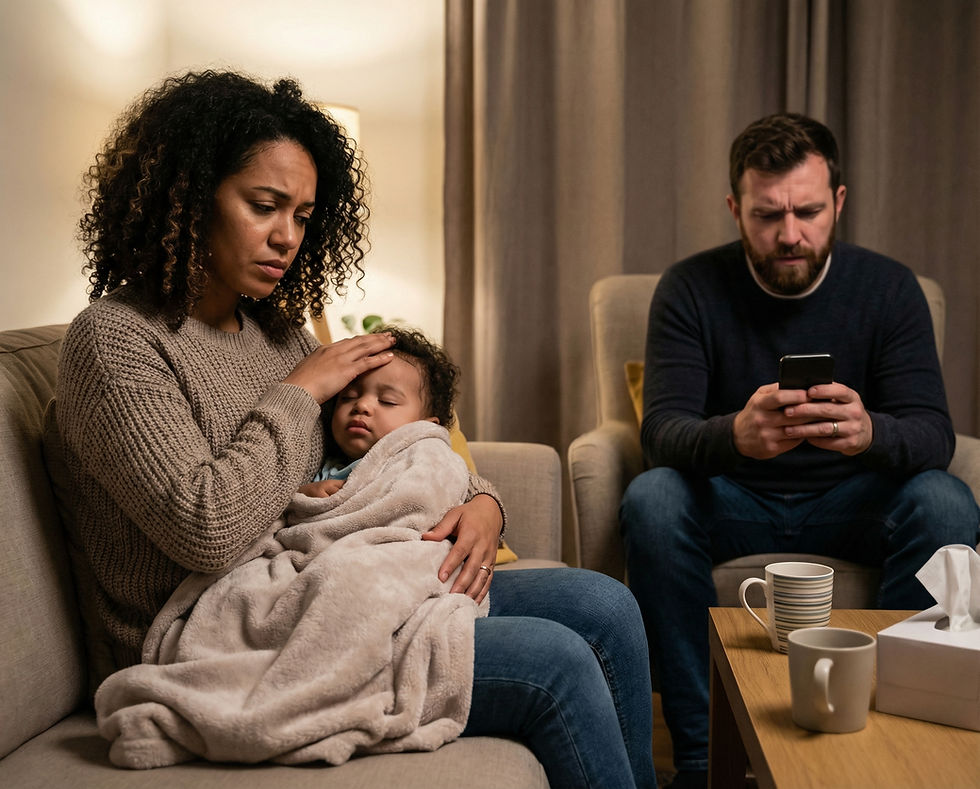When Can I End Isolation After Having the Flu?
- Sam Ahn
- Jan 1
- 1 min read
Updated: Apr 30

According to the U.S. Centers for Disease Control and Prevention (CDC), you can end your isolation when:
Your symptoms have been improving for at least 24 hours
You haven't had a fever for at least 24 hours (without using fever-reducing medicines)
Before Ending Isolation
Check with your healthcare provider first, especially if you:
Have a weakened immune system
Have other health conditions
Still don't feel fully recovered
After Ending Isolation
For five days after ending isolation, you should:
Wear a well-fitting mask when around others
Wash your hands frequently
Try to keep some distance from other people when possible
Important Tips
Stay home during your isolation period to avoid spreading the flu to others
Cover your coughs and sneezes with a tissue or your elbow
Wash your hands often with soap and water
Take extra care to avoid contact with:
Elderly people
Young children
People with weakened immune systems
Note: Some people, especially those with weakened immune systems, might need to stay isolated longer. Always follow your healthcare provider's specific advice for your situation.
This guidance helps ensure you can return to your normal activities while keeping others safe from getting the flu.
Interested in Trying FeverCoach? Here's How to Get Started!
Simply head over to the App Store or Google Play Store and download the app today. Say hello to stress-free fever management and embrace a healthier, happier journey with your child.
Download it today and let us know what you think!
Website: https://fevercoach.us
IOS:
Android:


